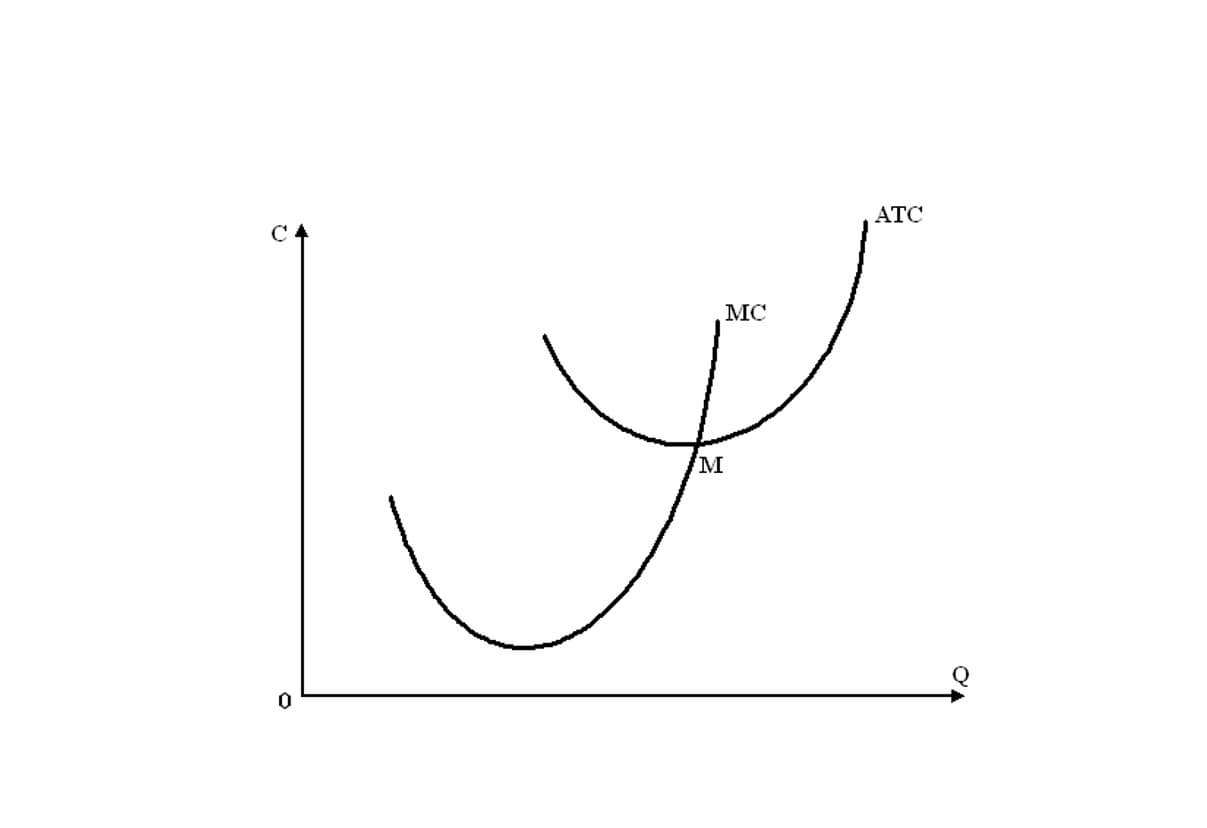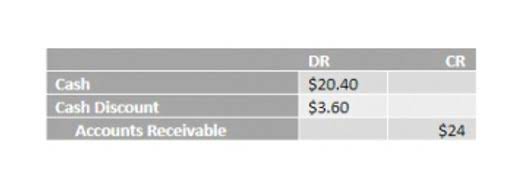
Plenty of businesses need to go through this process at some point, whether it’s because they’re growing quickly, staff turnover, or dealing with a lot of complicated transactions. There are many reasons why people get behind on their bookkeeping but they need to catch up in order to maintain financial health and compliance. If you are constantly facing catch up bookkeeping cash flow issues, it might be due to your financial records not being up to date.

How to Catch Up on Your Own Books
- It’s hard to say which part of this process is the most difficult, but depending on the type of business you have, rounding up all your past financial records may be the most time-consuming.
- If you suggested catch up bookkeeping is something about catching up with your bookkeeping, you’re right.
- In order to properly issue these 1099s, you’ll need to use two documents.
- There are countless options out there for bookkeeping software that blends a good price with solid features and functionality.
- Despite the importance of accurate bookkeeping practices, most people don’t feel entirely confident with maintaining detailed business finances.
As previously covered, catch-up bookkeeping deals with recording, tracking, and organizing past business transactions that were left unattended — periods of missing record-keeping, in short. Ideally, businesses should maintain regular bookkeeping, but periodic catch up may be necessary if records fall behind from where they should be. Yes, up-to-date financial records are crucial for a smooth and compliant tax audit process. With lesser inaccuracies in your financial records, you are much less likely to be subjected to penalties. Accuracy in financial recordkeeping is a basic stepping stone that allows you to maintain the kind of records that pass through all audits and tax hurdles in the long term. They also give you much more control over your financial management in the longer run.

Track expenses

Match invoices to payments, and identify any unpaid or partially paid invoices. Match each bill to its corresponding payment and double-check these against vendor statements to ensure accuracy. When you’re looking to woo investors, they’ll want to see financial reports as clean as a Michelin-star kitchen. Any inconsistency can turn into a red flag, making them wonder what else is wrong with your business. Before the migration, catch-up bookkeeping will ensure you keep your current assets and liabilities distinct. Even though the data may be correct, you may want to migrate over all the data in the new system.
How To Do Bookkeeping For a Small Business

The length of the specified period influences both how long and how difficult it will be to catch up. Planning for the future becomes much easier when you have a current awareness of your financial situation. It allows for the creation of realistic budgets and excels at projecting future business scenarios. Catch-up bookkeeping is a calculated strategy for reclaiming your financial standing. In this post, we’ll go over all you need to know about catchup bookkeeping, including its relevance, how it differs from clean-up bookkeeping, and how to get started.
Essential Steps to Incorporating Your Business for Long-Term Success
- This software can drastically change how you handle accounting tasks, offering efficiency, accuracy, and scalability.
- It might feel daunting at first, but the sooner you get a handle on this important step, the sooner you’ll feel secure in your business’s finances.
- You may even find a financial knot in one of your processes that has been holding you back from scaling your business as quickly as you want to.
- As you can see, catch-up bookkeeping helps businesses regain control over their financial records, ensuring accuracy, compliance, and informed decision-making.
Separating these expenses will make it easier for you and your accounting team to manage your books and to be fully prepared for tax time. Keeping your personal expenses separate will also make it simpler to file your personal tax return. Catch-up bookkeeping operates as an emergency solution when you get behind in your ongoing bookkeeping efforts. Catch-up bookkeeping attempts to look back through the past several months, record income and expenses, and bring your books completely up-to-date. Catch-up bookkeeping refers to the process of bringing financial records up to date when they have fallen behind. This service enables businesses to rectify errors, streamline their financials, and establish a groundwork for achieving success.

What tools are recommended for catch up bookkeeping?
- Match each bill to its corresponding payment and double-check these against vendor statements to ensure accuracy.
- Once everything is back in order, make it a point to implement systems that prevent future backlog and the need for bookkeeping clean-up.
- A credit card payment itself isn’t an expense; it reflects settling a previous expense you categorized earlier.
- Catch-up bookkeeping can ensure that your records are thoroughly reviewed, errors identified, and discrepancies reconciled.
- Ensuring that all financial records are current and complete is crucial as part of the clean-up bookkeeping process.
- They stay up to date with the latest regulatory changes and ensure that your financial records are accurate and compliant.
If you don’t do the bookkeeping catch-up, your business could be subject to serious legal and compliance issues. For tax compliance, lowering the risk of an audit, and following the law, it’s important to keep accurate financial records. At this stage, businesses should reconcile all bank and credit card statements to ensure errors, mistakes, and issues in the financial records are properly identified and addressed. By being aware of these common bookkeeping errors and bookkeeping implementing best practices, you can maintain accurate financial records and make more informed financial decisions for your business. If you need help maintaining your books, Ledger Labs offers various ongoing bookkeeping services.
What skills does a bookkeeper need?
Checkpoints throughout this process provide clues to expected financial outcomes, encourage reflection, and promote effective strategic planning. Catch-up bookkeeping is a strategic move to reclaim your financial standing. In this article, we will discuss all that you need to know about catch-up bookkeeping, its importance, how it differs from clean-up bookkeeping — and _how _to start with it. Bookkeeping can be https://www.bookstime.com/ daunting, but catch-up bookkeeping offers a lifeline.
Gather all past receipts
The size of the chosen time period affects both how long and how strenuous it will take to catch up. It’s a maneuver that usually ushers in the filing of an accurate tax return, facilitating reflection upon your business’s full financial picture as of a certain date. Some businesses with several transactions or complex financial structures need weekly catch-up sessions.